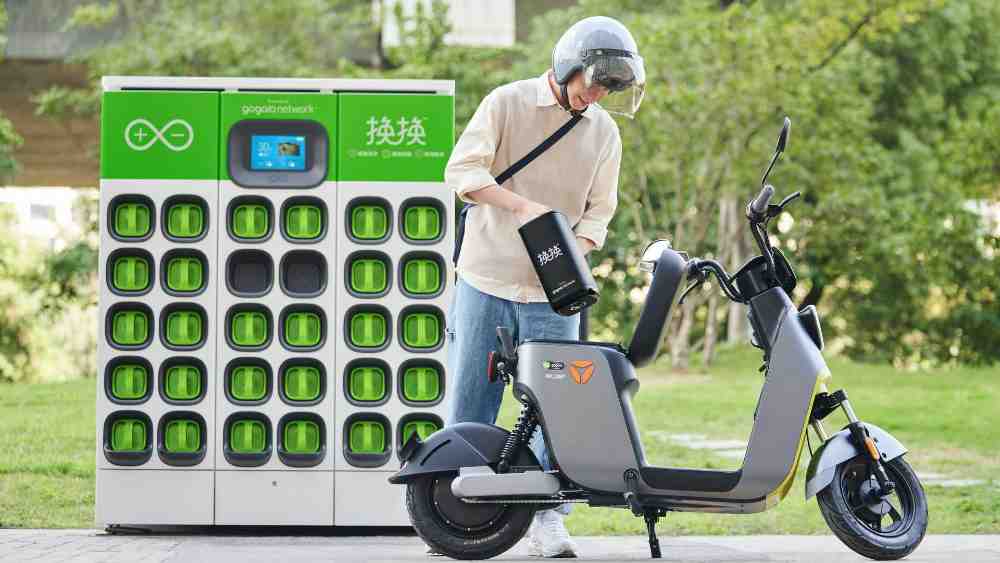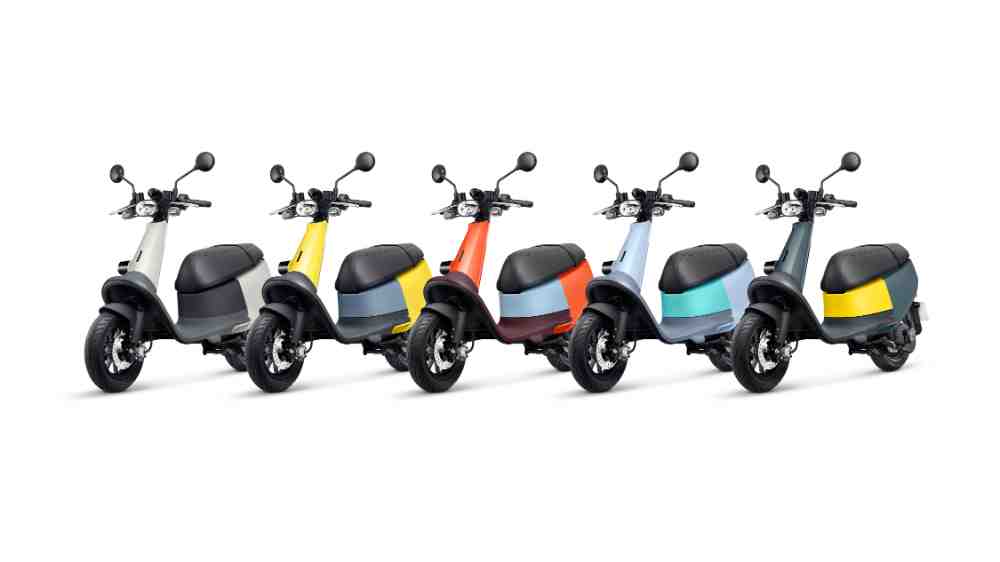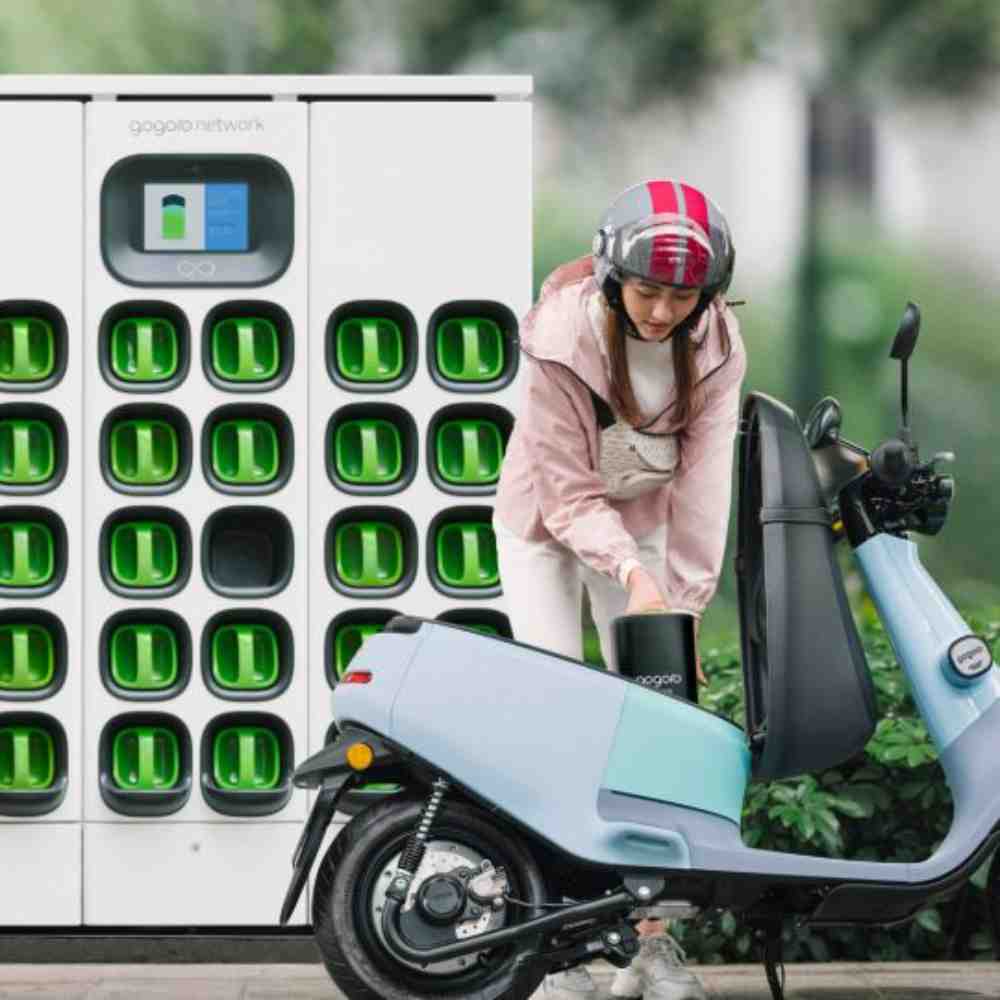Gogoro, a Taiwanese Business, intends to use India as its main production hub for Electric Two-wheelers worldwide. Gogoro manufactures electric two-wheelers and offers a network of battery-swapping stations. It is developing a new platform to create a scooter that expressly caters to the requirements of B2B fleet clients, such as fleet owners or e-commerce companies for last-mile delivery. It is solely manufactured at the moment in Taiwan.
Gogoro is considering a dual model in which it would produce the scooters on its own while also making the technology and the design available to outside parties who would then be able to produce them under their own brand. However, Gogoro will supply the infrastructure for the battery swapping stations, which will be integrated with the fleet of scooters.
The company wants to make significant investments in this market in collaboration with International Equity Investors that are interested in this play while it waits for the battery swapping policy to be implemented.

Gogoro manufactures 85% of the electric two-wheelers in Taiwan; the remaining 15% are produced by Businesses like Yamaha, to which Gogoro subcontracts the design and engineering of the powertrain. Nine nations, including the Philippines, Singapore, South Korea, Japan, Israel, and China, are where Gogoro maintains its operations.
According to Kaushik Burman, Head of Gogoro India, “We are planning to turn India into our Global Hub for manufacturing electric two-wheelers and for exporting them to all of our markets in the world.”
“We are working on developing an electric vehicle platform that meets the unique requirements of the B2B segment.” According to him, the product should be ready by the end of this year, and Gogoro would start by introducing it in the Delhi NCR region. It will first test the waters before moving on to other areas.
With companies like Zomato and Zypp, with whom it has agreements, the company is in discussions to provide vehicles and manage a battery-swapping system for its fleet of last-mile vehicles.

According to Burman, India has 250 million two-wheelers, (ICE and electric). Out of these, only 1.5 million are electric. The top 50 cities where Gogoro wants to operate account for 25 per cent of all the two wheelers – around 60 million. Making the market for scooters and the demand for the B2B battery swapping station network substantial.
Burman notes that there are 17–18 million two-wheelers in the Delhi–National Capital Region alone, and 10% of them are employed for delivery or other commercial functions. Approximately 10% of two-wheelers, according to Gogoro’s research, are used by gig workers for delivery or other commercial transportation services. It would be necessary to convert this sizable market to B2B electric two-wheelers.

According to him, the company’s investment would be focused on developing the infrastructure for swapping stations, which stipulates that 150 swapping stations are needed for every 10,000 users. There are 28 batteries in each Gogoro changing station outlet. Gogoro is primarily a B2C player in other markets, where it has over 530,000 customers and subscribers use its swapping stations and where it has undertaken the swapping of over 155 million batteries annually. In a later phase of its expansion in India, the company plans to sell its mobility products to individual customers, but it will not limit itself to the B2B sector.
